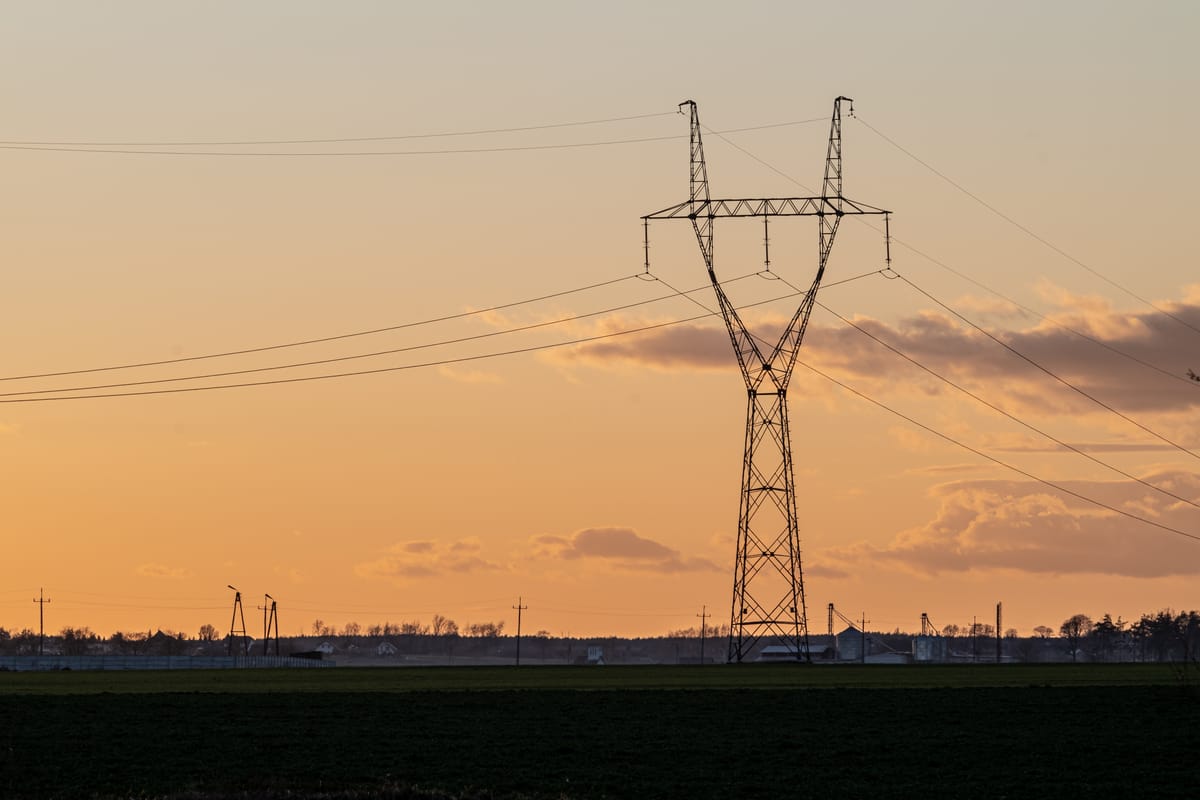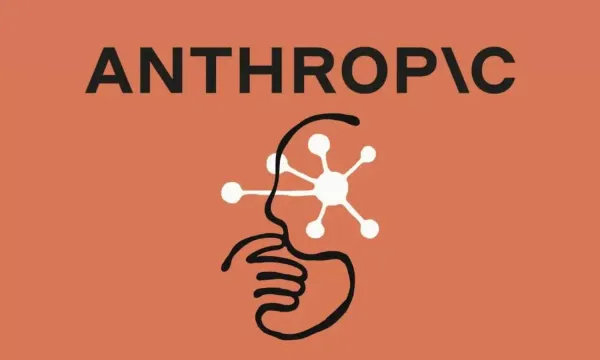IEA Launches Energy and AI Observatory to Tackle Growing Strain on Power Systems
The observatory currently features 20 case studies of AI deployment across the energy sector.

The International Energy Agency (IEA) has launched the Energy and AI Observatory, a platform aimed at analysing the growing intersections between AI and energy use while equipping policymakers with data and tools to address the challenges.
The observatory includes detailed datasets on electricity consumption by data centres and digital infrastructure across regions, offering insights into emerging trends and pressures.
“Building on our recent major report on this subject, this new Energy and AI Observatory, developed in consultation with a wide range of partners, underscores our commitment to supporting decision makers around the world as they plan for the future. Reliable data and analysis are the cornerstone of navigating this fast-moving space,” Fatih Birol, executive director of the IEA, said.
Originally announced at the AI Action Summit in February, the initiative follows the April release of the IEA’s Energy and AI report, which projected that electricity demand from AI-optimised data centres could more than quadruple by 2030. The IEA advocates a scenario-based approach to manage this uncertain growth.
The observatory currently features 20 case studies of AI deployment across the energy sector. These range from optimising heating and cooling systems to enhancing renewable integration and industrial gas efficiency.
One notable example is the Infosys smart campus in Pune, where AI-driven automation improved energy efficiency by 7%, increased on-site energy generation by 5%, and reduced carbon emissions by 7,900 tonnes in just six months.
These findings suggest AI can be both a driver of energy demand and a critical enabler of efficiency, positioning the observatory as a valuable resource for informed energy planning.
A new report from the UN’s International Telecommunication Union (ITU) reveals that indirect carbon emissions from major AI-focused tech companies surged by an average of 150% between 2020 and 2023.
The spike is largely due to the exploding energy demands of data centres powering artificial intelligence models.




